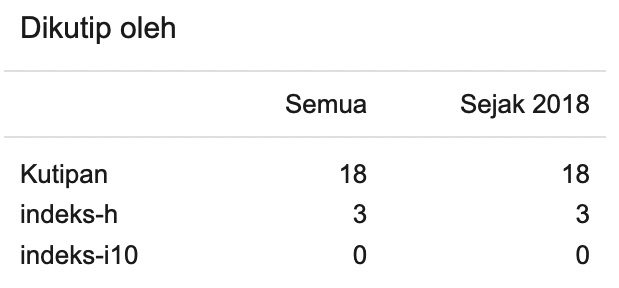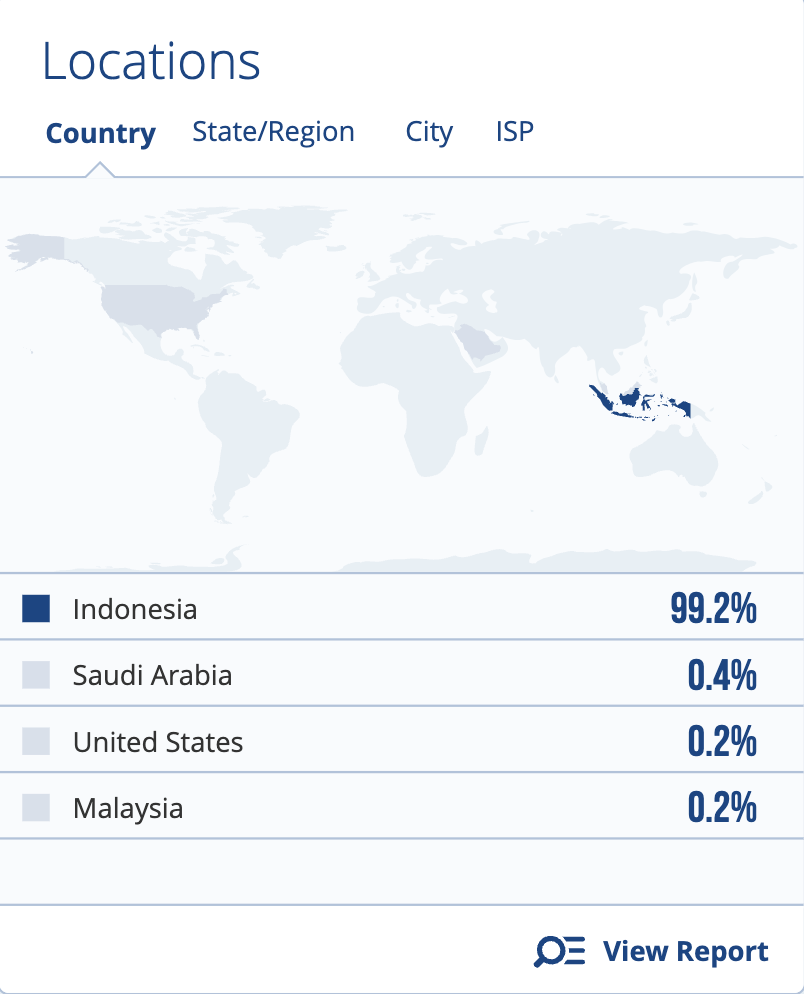Pemberdayaan Masyarakat Terintegrasi dalam Upaya Pencegahan dan Penurunan Stunting di Desa Bunton
Abstract
Stunting is still a health problem experienced by Indonesia, especially the incidence of stunting in toddlers. Indonesia Developing countries have contributed to the growth in stunting rates among toddlers in the world today. Stunting can be prevented by community empowerment activities, namely village involvement in detecting and preventing stunting. Problems Bunton Village was chosen as the location for the service because Adipala is a sub-district with the highest stunting rate in Cilacap. In addition, the results of the initial screening in Bunton Village, out of 425 toddlers whose nutritional status was measured, 1 toddler was severely malnourished (very short), 29 toddlers were stunted, and 10 toddlers were well nourished. So it can be concluded that there is 7% nutrition. Solution to Problems: Community Empowerment is integrated with the formation of Stunting Awareness Villages, Optimizing Posyandu Strengthening, Counseling on stunting and toddler nutrition, improving environmental sanitation and Processing of local food ingredients as Supplementary Food for toddlers. Outcome: There has been an increase in the knowledge and skills of cadres in identifying stunting, increased knowledge of mothers who have toddlers and high risk pregnant women about stunting, there are 6 water sources positive for Escerisia coli, and cookies and moringa jelly products for PMT stunting)
Keywords : Integrated Community Empowerment, Training, Stunting Toddlers, Stunting
References
Lubis, Z., & Syahri, I. M. (2015). Pengetahuan dan tindakan kader posyandu dalam pemantauan pertumbuhan anak balita. Jurnal Kesehatan Masyarakat, 11 (1), 65–73. http://dx.doi.org/10.15294/ kemas.v11i1.3473
Roshinah, A., Alkautsar, G., & Amalia, D. S. (2020). Pengaruh program pelatihan kader cegah stunting (peka canting) terhadap pengetahuan dan keterampilan dalam mendeteksi kejadian stunting. Ilmu kesehatan masyarakat Fakultas Kedokteran Universitas Islam Malang.
Sianturi, Y ., T ambunan, E. S., & Ningsih, R. (2013). Peningkatan kemampuan kader kesehatan dalam melakukan deteksi tumbuh kembang balita melalui pelatihan. Jurnal Keperawatan , 1 (1), 12–19. https://adoc.pub/yenny-sianturi-eviana-s-tambunan-ratna-ningsih-jurusan-keper.html
Desyanti, C. and Nindya, T. S. (2017) ‘Hubungan Riwayat Penyakit Diare dan Praktik Higiene dengan Kejadian Stunting pada Balita Usia 24-59 Bulan di Wilayah Kerja Puskesmas Simolawang, Surabaya’, Amerta Nutrition, 1(3), p. 243. doi: 10.20473/amnt.v1i3.6251.
Zikra, W., Amir, A. and Putra, A. E. (2018) ‘Identifikasi Bakteri Escherichia coli (E.coli) pada Air Minum di Rumah Makan dan Cafe di Kelurahan Jati serta Jati Baru Kota Padang’, Jurnal Kesehatan Andalas, 7(2), p. 212. doi: 10.25077/jka.v7i2.804.






